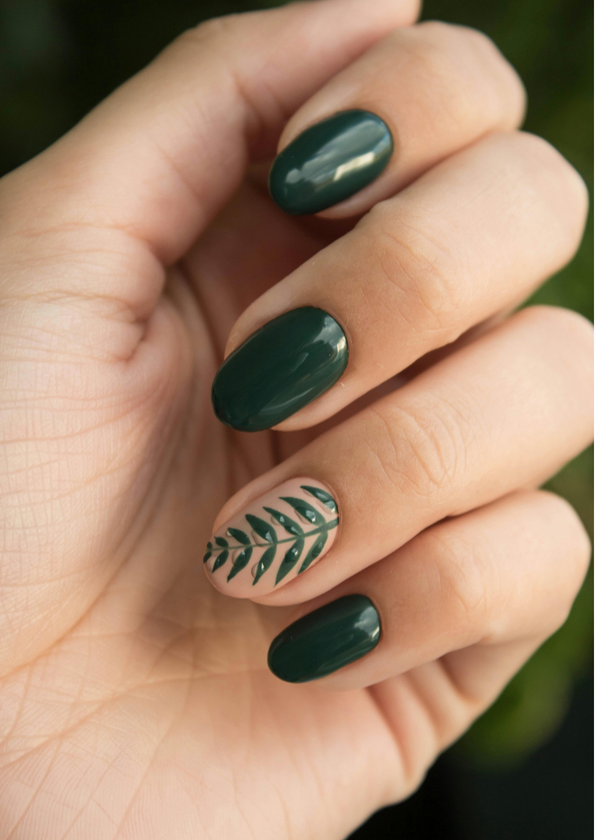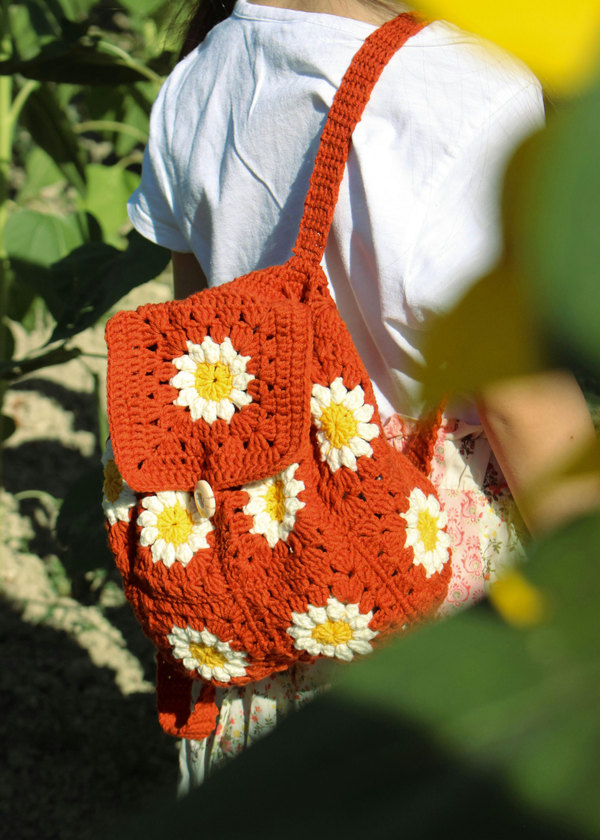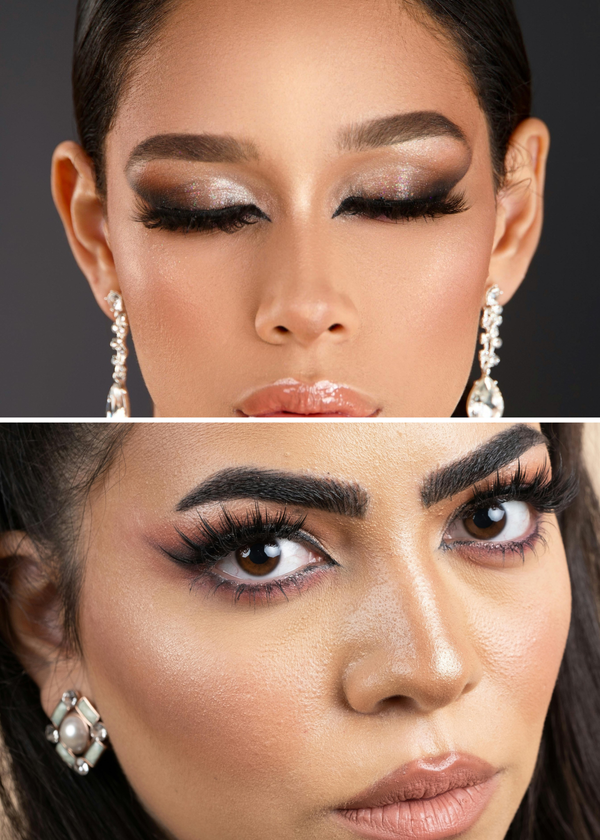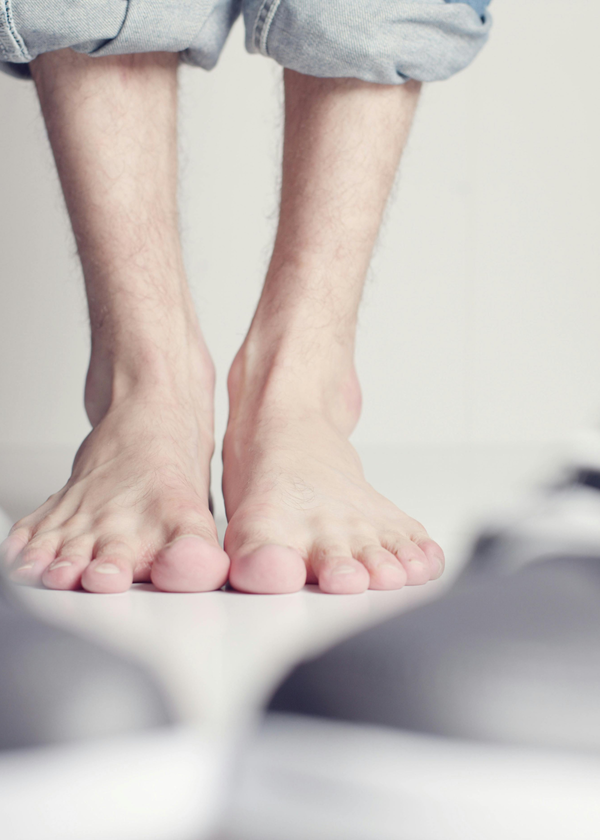In the quest for healthier and more radiant skin, people often turn to natural remedies and age-old beauty secrets. One such remedy that has gained popularity in recent years is rice water.
This simple yet powerful elixir has been used for centuries in Asian cultures for its purported skincare benefits.
But can you leave rice water on your face overnight? In this comprehensive article, we will delve into the world of rice water skincare, exploring its benefits, risks, and the best practices for incorporating it into your nightly routine.
The Power of Rice Water
Rice water is the starchy water leftover after rinsing or soaking rice. It's a rich source of vitamins, minerals, and antioxidants, including vitamins B, C, and E, amino acids, and ferulic acid. These nutrients offer a range of potential benefits for your skin:
- Moisturization: Rice water is known for its hydrating properties, which can help maintain the skin's moisture barrier, preventing dryness and flakiness.
- Brightening: The vitamins and antioxidants in rice water may help reduce the appearance of dark spots and promote a brighter complexion.
- Anti-aging: The presence of ferulic acid in rice water may have antioxidant properties that combat the effects of free radicals, potentially reducing signs of premature aging, such as fine lines and wrinkles.
- Soothing: Rice water is often used to soothe irritated or inflamed skin, making it a popular choice for those with sensitive or acne-prone skin.
Given these potential benefits, it's no wonder that rice water has become a staple in the skincare routines of many. But the crucial question remains: Can you leave rice water on your face overnight?
Leaving Rice Water on Your Face Overnight: The Pros
- Enhanced Absorption: Leaving rice water on your face overnight allows your skin to absorb the nutrients slowly and continuously. This prolonged exposure might enhance its effectiveness.
- Intensive Hydration: For individuals with extremely dry or dehydrated skin, overnight application can provide a deep and lasting boost of hydration.
- Skin Repair: The extended exposure to rice water may support your skin's natural repair processes, aiding in the recovery from daily environmental stressors.
- Complexion Improvement: Some users have reported waking up to a more radiant and refreshed complexion after leaving rice water on their face overnight.
Leaving Rice Water on Your Face Overnight: The Cons
- Risk of Overhydration: While hydration is beneficial, excessive moisture can lead to problems, especially for those with oily or acne-prone skin. Leaving rice water on your face overnight may contribute to clogged pores and breakouts.
- Potential for Irritation: Overnight exposure to rice water may not suit everyone, as it has the potential to cause irritation or allergic reactions in some individuals. Always perform a patch test before applying rice water to your entire face.
- Rinsing Concerns: If rice water is not rinsed off properly in the morning, residual starch may attract dust and impurities, leading to skin problems in the long run.
Best Practices for Using Rice Water on Your Face Overnight
Now that you have a better understanding of the benefits and risks, here are some best practices to consider if you decide to leave rice water on your face overnight:
- Patch Test: Before incorporating rice water into your nightly routine, perform a patch test on a small area of your skin to ensure you don't experience any adverse reactions.
- Dilution: To reduce the risk of irritation, consider diluting rice water with distilled or filtered water. This will make it gentler on the skin while still providing its benefits.
- Cleanse Beforehand: Make sure your face is clean and free of makeup or other skincare products before applying rice water. This will maximize its absorption.
- Application: Gently apply the rice water to your face using a clean cotton ball or pad. Be cautious around the eye area to avoid irritation.
- Rinse in the Morning: In the morning, rinse your face thoroughly with lukewarm water to remove any residual rice water. This step is crucial to prevent potential skin issues.
- Frequency: Start with occasional use and monitor how your skin reacts. If you notice any adverse effects, discontinue overnight use.
Alternatives to Overnight Application
If the idea of leaving rice water on your face overnight makes you uneasy, there are alternative methods to reap the benefits of this natural skincare remedy:
- Rice Water Toner: Incorporate rice water into your skincare routine as a toner. Apply it after cleansing and before moisturizing. This allows your skin to absorb the benefits without the need for overnight application.
- Rice Water Face Masks: Create DIY face masks with rice water and other natural ingredients, like honey or yogurt. Leave the mask on for a specified period (typically 10-20 minutes) before rinsing it off.
- Rice Water Soaks: For a luxurious skincare experience, consider soaking a cloth in rice water and applying it to your face for a few minutes. This can provide a refreshing and hydrating sensation without the need for overnight application.
Conclusion:
In the world of skincare, rice water has gained a reputation for its potential benefits, including hydration, brightening, and soothing properties.
While leaving rice water on your face overnight can offer some advantages, it may not be suitable for everyone due to the risk of overhydration and irritation.
If you decide to try leaving rice water on your face overnight, remember to perform a patch test, dilute the rice water if needed, and always rinse your face thoroughly in the morning.
Alternatively, you can explore other methods of incorporating rice water into your skincare routine, such as using it as a toner or in DIY face masks.
Ultimately, the key to healthy and radiant skin is finding a skincare routine that suits your individual needs and preferences.
Whether you choose to leave rice water on your face overnight or opt for alternative methods, always listen to your skin and adjust your routine accordingly.








